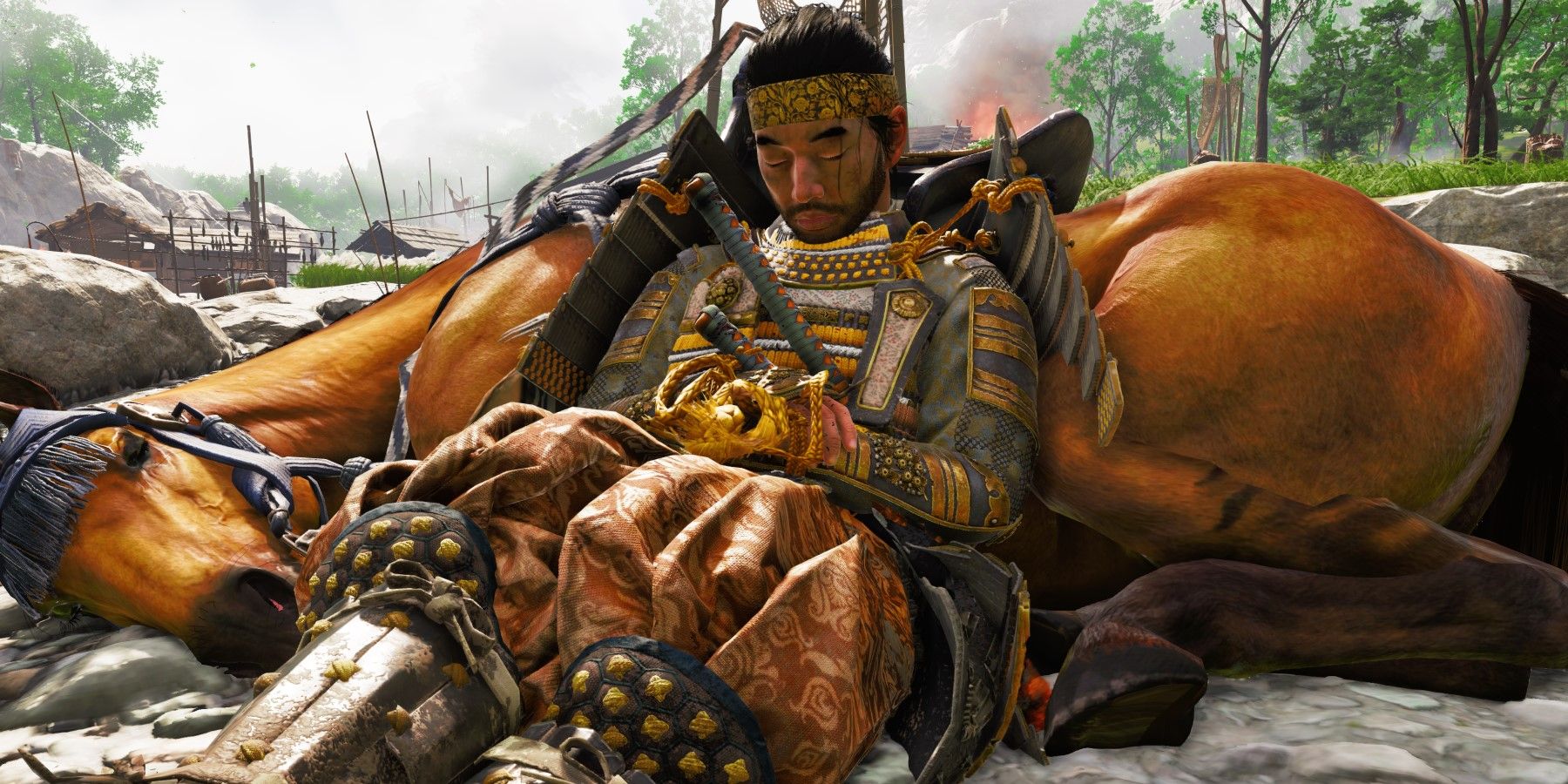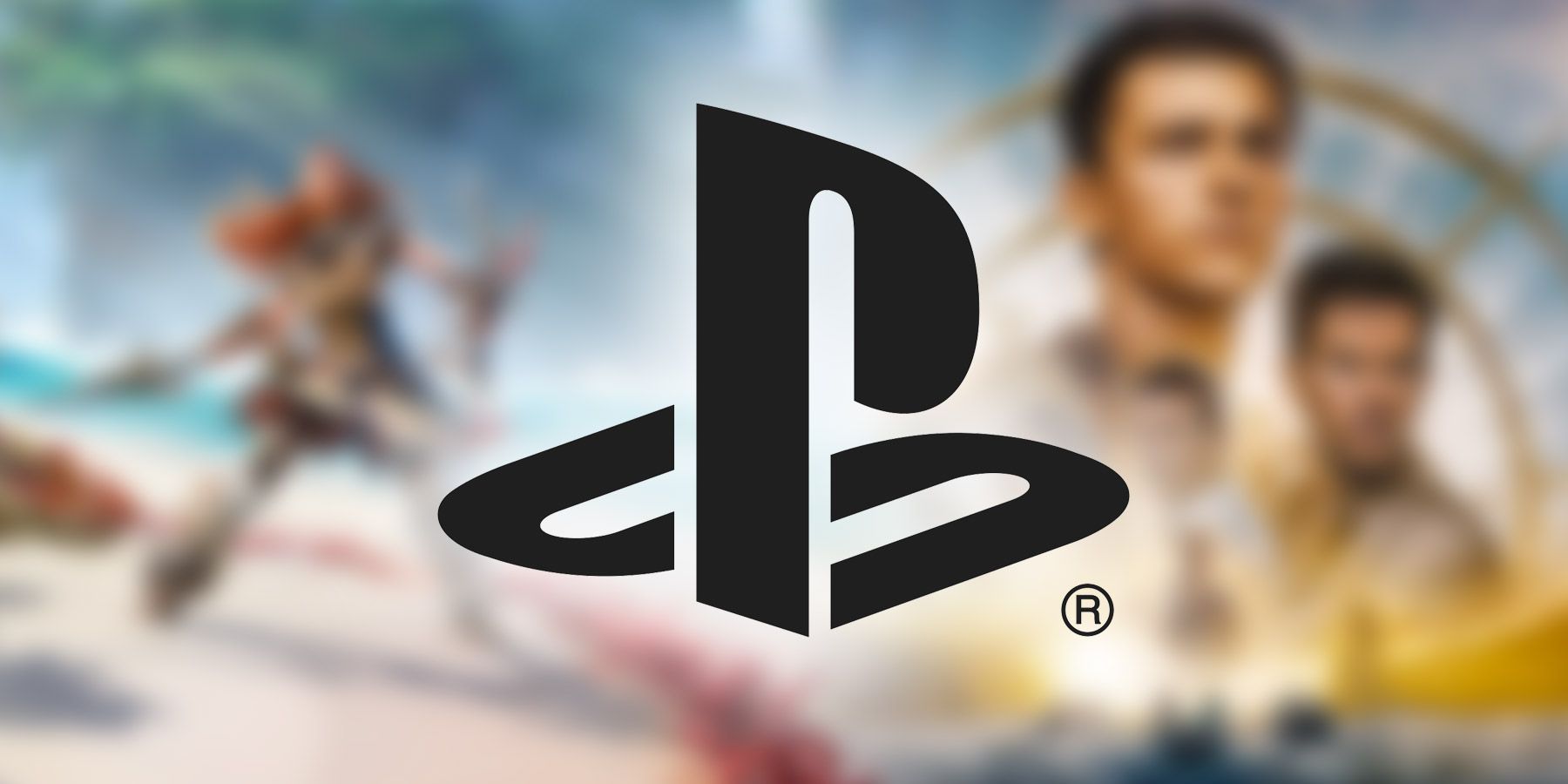Sucker Punch Productions is a studio that made a name for itself by developing the Sly Cooper and Infamous franchises. Having proven itself as an asset to PlayStation, the studio decided to embark on a new challenge by crafting a new IP and, after years of development and research, Ghost of Tsushima was released in 2020. An open-world title set on Japan’s Tsushima island, the game has been a stellar success selling over eight million copies worldwide. The game's depiction of Tsushima island is so enchantingly gorgeous that the game's directors, Nate Fox and Jason Connell, were made tourism ambassadors of the island's real-world counterpart. To satisfy fans eager to see more of Tsushima and its samurai, a film is also in the works.
Part of Ghost of Tsushima’s appeal is its compelling narrative, which focuses on Jin Sakai, a brave samurai who finds his beautiful homeland attacked by Mongols. To drive the Mongols away and restore peace to the island, Jin must learn new ways of combat, even if it means turning his back on the customs and traditions that have been held for generations. The dilemma of tradition versus change that Jin faces resonates with many players, and it also reflects the story of PlayStation. Although the company has had set ways of doing things for a long time, recent years have seen the company forced to employ new strategies to contend with a rapidly changing world.
The Samurai Becomes a Ghost
Jin is mentored by his uncle Lord Shimura, who teaches him how to be an honorable samurai. According to Lord Shimura, a good samurai never forgets their values and always fights in a noble way, even when their competitor employs dirty tricks. Being a noble samurai includes facing opponents head-on and looking them in the eyes when taking their lives. Sneaking up on opponents or taking cheap shots is considered a sign of cowardice, and is highly frowned upon. Jin adopts Lord Shimura's lessons because he respects his uncle, and he sees the value in tradition.
When the Mongol invasion hits Tsushima, the values Jin has been taught are challenged. The Mongols have been studying the samurai of the island for a long time, and they are familiar with how the samurai engage in combat. Consequently, Jin finds that his old fighting style is ineffectual against the Mongols, who can anticipate his moves and use his values against him. As he sees his home overtaken by the invaders, Jin decides that he will adopt a new style of combat, one that the Mongols do not expect.
Jin employs stealth and trickery against his foes, making use of long-ranged weapons, smoke bombs, and the element of surprise to get the best of the Mongols. He tiptoes on the roofs of buildings, killing while he is out of sight until he builds a reputation for himself as a ghost that cannot be heard or seen, but can strike at any time. Using these tactics helps Jin in his fight against the Mongols, but it also causes him to grapple with internal conflicts because he is aware that he is breaking the code of honor that Lord Shimura taught him.
Sony Shuns Tradition
PlayStation falls under Sony, which is a proudly Japanese company. However, recent years have seen PlayStation place less emphasis on its Eastern roots in favor of embracing the Western arm of the business. In 2016, Sony announced that Sony Interactive Entertainment would be moving its headquarters from Tokyo to California. Sony has also expanded its footprint in the West by acquiring more Western studios and focusing its video game development there.
This led to the closure of Japan Studio, which has been responsible for PlayStation titles such as Ape Escape, Astro's Playroom, and Gravity Rush. All the talent in the studio was not lost, because much of Japan Studio was absorbed into Team Asobi and other Sony Interactive Entertainment studios. The increased Westernization of PlayStation is to be expected to some degree because, as Computer Entertainment Supplier’s Association explains, Japan's console market has shrunk considerably in recent times. However, it does represent a turn away from the company's traditions and origins.
PlayStation’s focus has also dramatically shifted in recent years. For a long time, the company has been focused on getting gamers onto its platform by convincing them to purchase PlayStation consoles. Sony has offered a catalog of impressive exclusive games that can only be experienced on PS3/PS4/PS5. Things have changed as of late, and Sony has been far more permissive of its games landing on other platforms. Plenty of PlayStation titles have been ported to PC, including Horizon Zero Dawn, Days Gone, God of War, and Uncharted 4: A Thief's End to name a few.
Sony's commitment to releasing more of its games on PC aligns with the company's push into the cloud gaming market through the introduction of PlayStation Now, which allows gamers to stream a catalog of PS2, PS3, and PS4 games on PlayStation consoles and on PC. The deluge of PC ports, combined with Sony's investment in cloud gaming, means that gamers are no longer reliant on PlayStation consoles to play PlayStation games. While it may have sounded ludicrous just a decade ago, Sony may be looking at a future where its resources are not focused on traditional console gaming, instead attempting to connect with gamers regardless of the platform they prefer.
PlayStation’s future looks quite different from the one that gamers might have imagined for it when the company's first home console launched in 1994. From a Japanese business centered on console gaming, PlayStation has slowly taken on a more Western identity and expanded its reach beyond the borders of its consoles. Like Jin, the change in approach may represent a rejection of some traditions for PlayStation, and this may be concerning for some gamers.
However, the changes also leave the company better equipped to deal with the challenges of the future, proving that while rapid change can be a problem, static traditions can also outstay their usefulness and eventually become a detriment.
Ghost of Tsushima is available on PS4 and PS5.



